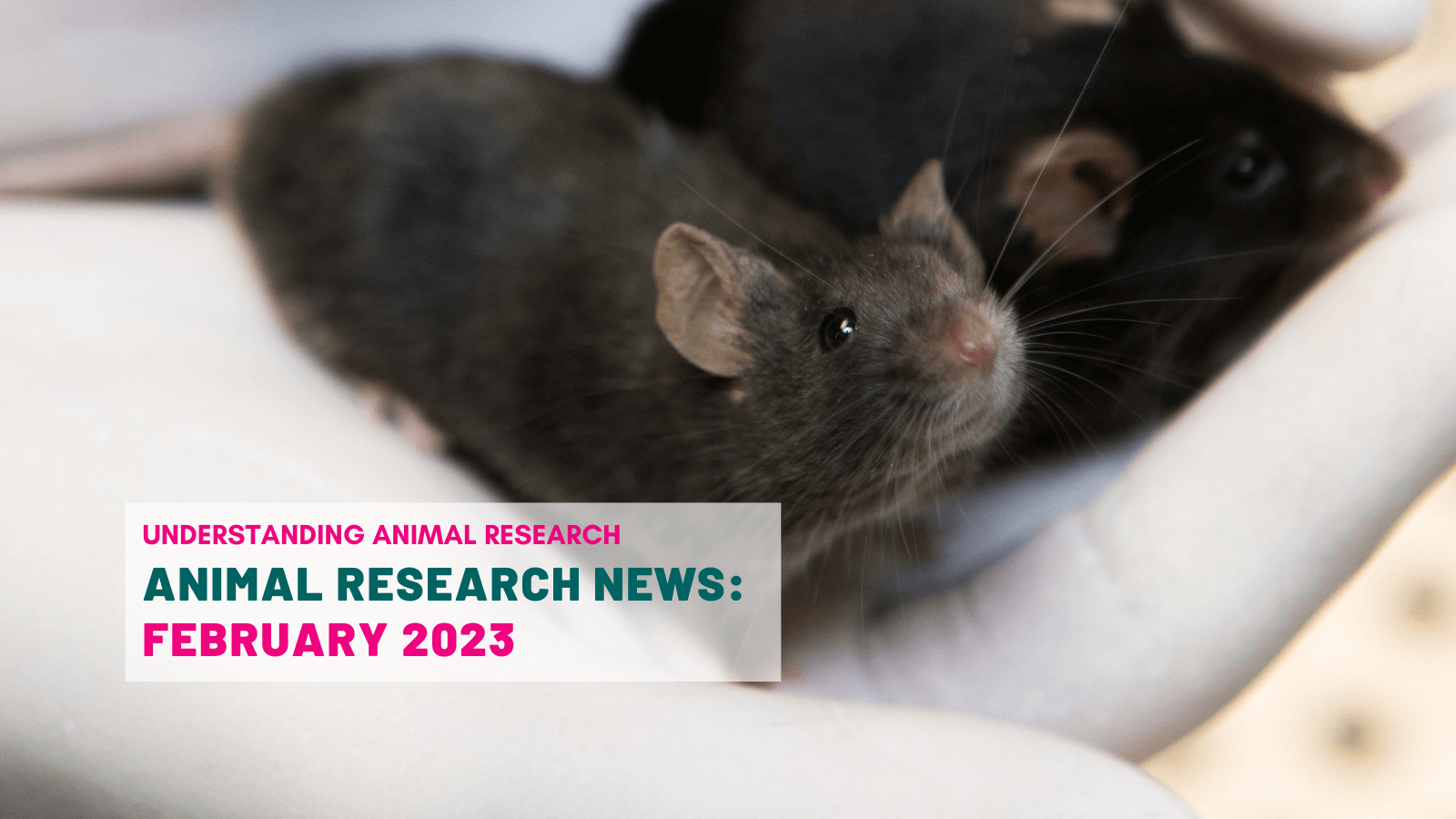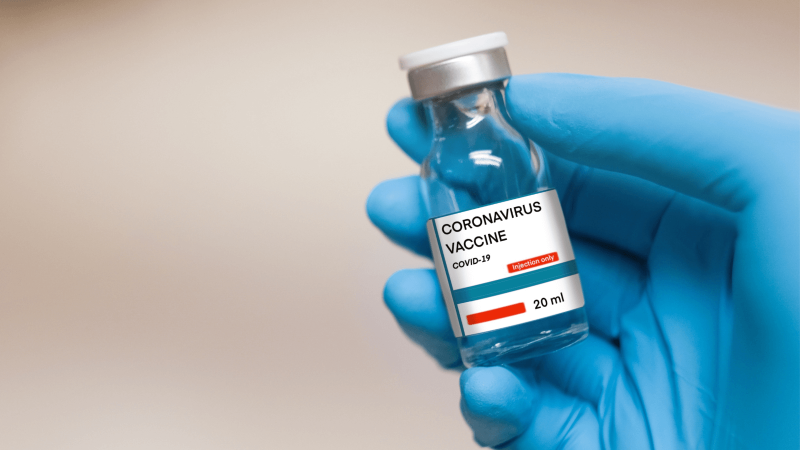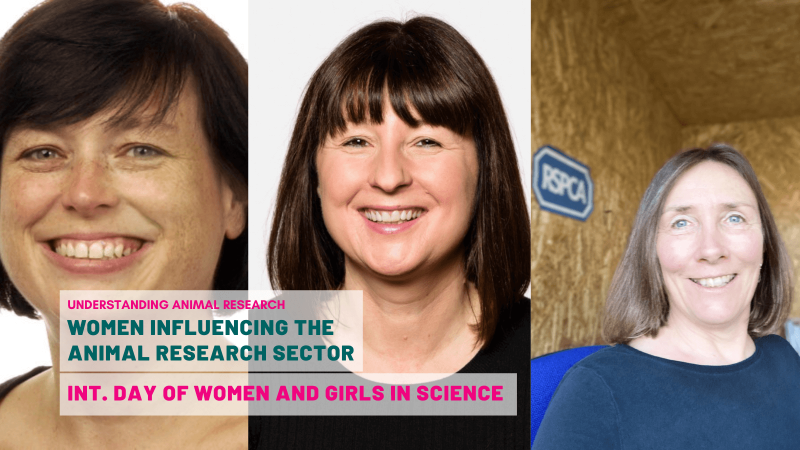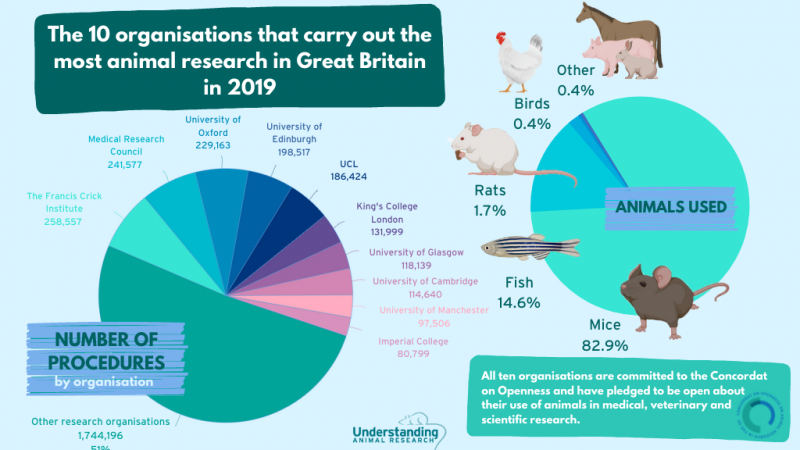
Quick-acting male birth control drug shows promise in lab mice
A new male contraceptive is in development, thanks to the keen eye of postdoctoral researcher Melanie Balbech. In 2018, Balbech was helping colleagues to test an experimental eye- disease drug which targeted a molecular pathway known to be essential to male fertility. Following her intuition, she looked to see if the drug would affect the mobility of free-swimming mouse sperm.
As reported in the Washington Post, Lonny Levin, a professor of pharmacology at Weill Cornell said, “She showed the movie of these sperm not moving, just twitching. . I said, ‘Oh, my God. That’s a holy grail. That’s a male contraceptive.’”
In a recent study published in Nature Communications, the team showed that an improved version of the drug was successful at stopping sperm from swimming and maturing within 30 minutes. After 2.5 hours some sperm began to regain normal function and mouse fertility began to return.
At this time, male birth control is lacking and only two options are available to men looking to prevent unwanted pregnancy, condoms or vasectomy. A male contraceptive which acts quickly, works long-term, and is easy to reverse, would not only provide more choice for men, but help to reduce the burden on women.
From the Washington Post: “The twist they have with this paper is that … they’re trying to develop an on-demand male contraceptive agent. I think that’s a really exciting way of thinking about it,” said Gunda Georg, a professor of medicinal chemistry at the University of Minnesota, who is also working on male contraceptives, “you could just pop a pill right before intercourse, and then be protected.”
Read more on the research that led to this study in ‘Quick-acting male birth control drug shows promise in lab mice.
Blobs of human brain planted in rats offer new treatment hope
Human brain tissue has been successfully transplanted into the brains of rats as part of research looking to improve how we study neurological conditions and improve translatability of animal experiments.
The study, from the University of Pennsylvania, showed that tiny, seed-like blobs of neurons can be integrated into the rat brain, successfully linking up blood supply between the human and rat tissue and actively communicating with the rat neurons.
Originally quoted in The Guardian Isaac Chen, a physician and assistant professor of neurosurgery at the University of Pennsylvania, said, “This is incredibly exciting to me as a physician. We were not expecting to see this degree of functional integration so early ... [This] suggests that neural tissue transplantation in the adult mammalian brain, especially one that has been disrupted with some sort of injury, really is a viable path forward for neural repair.”
The team at Pennsylvania suggest that, in the future, we may be able to grow brain tissue from a patient’s own cells, using rats in the laboratory, and repair brain injuries caused by stroke and trauma using this tissue. Scientists also suggest that this form of animal model could allow them to investigate complex developmental conditions such as autism.
Read more in "Blobs of human brain planted in rats offer new treatment hope".
UK’s most expensive drug Libmeldy saved Teddi Shaw, but is too late for her sister
This February, the BBC reported on a new life-saving gene therapy for a rare hereditary condition known as metachromatic leukodystrophy or MLD. Touted as the ‘most expensive medicine ever approved for the NHS’, Libmeldy was used to save the life of 19-month-old Teddi. Unfortunately, Teddi’s older sister Nala, who also has MLD, cannot benefit from the therapy as it can only treat MLD before symptoms arise.
MLD is a progressive disease which is caused by a defective gene, children are born healthy but begin to display symptoms within their first few years. If the condition isn’t identified early in life, it can quickly become untreatable.
Quoted in the BBC article, Nala and Teddi’s parents said, "When they told us there was treatment available for Teddi it was kind of a bitter pill to swallow because Nala can't be helped." The girls’ father, Jake, added, "I've always said Nala saved Teddi's life. And that's how I wanted to think about it."
The gene therapy, called atidarsagene autotemcel and marketed under the name Libmeldy, involves collecting stem cells from the patient’s blood and sending them to a laboratory in order to insert healthy copies of the gene that causes MLD, which uses a modified virus to insert healthy copies of the enzyme producing gene into their DNA, effectively eliminating the disease altogether.
Bobby Gaspar, co-founder of Orchard Therapies which produced the drug and a consultant at Great Ormond Street hospital adds, "Bringing a new medicine to the world that can potentially cure these devastating diseases is incredibly rewarding. It was a very long journey to develop a medicine like this."
Libmeldy took nearly 20 years to develop, from animal studies in the early 2000s to the first human trials in 2010. It got EU approval in December 2020 and is now available through the NHS.
All drugs that are licensed in the UK are required by law to be tested in animals before moving into human clinical trials. Libmeldy was tested on transgenic mice to assess the drug's molecular, biochemical, and physiologic effects, as well as through in vitro methods which are sometimes known as New Approach Methodologies or NAMs.
Read more about how Libmeldy works in the BBC Article "UK’s most expensive drug Libmeldy saved Teddi Shaw, but is too late for her sister" and in Medical News Today "How a gene therapy cures infants with fatal genetic disease MLD".
Inhalable SHIELD Protects Lungs Against COVID-19
Future defences against COVID-19 could include an inhalable gel that creates a physical barrier against infection from the SARS-Cov-2 virus. Published in Nature Materials, a recent study reports that spherical hydrogel inhalation for enhanced lung defense (SHIELD), prevented infection in both mice and monkeys for up to 24 hours. SHIELD is made with food-grade materials and doesn’t affect normal respiratory function.
In mice, SHIELD was 75% effective at blocking COVID-19 particles for four hours after inhalation, dropping to 18% after 24 hours. SHIELD showed similar results when tested against pneumonia and H1N1 viruses, indicating that it could have many applications.
In non-human primates, specifically African green monkeys, SHIELD reduced viral loads from 50 to 300 times compared to the control animals. In addition, the monkeys did not display any of the symptoms that are commonly associated with primate COVID-19 infection.
So far, SHIELD has been tested on the original wild-type Wuhan COVID-19 strain (SARS-Cov-2 WA1) and the Delta variant (B.1.617.2).
Read more about SHIELD and animal testing in ‘Inhalable SHIELD Protects Lungs Against COVID-19’
Multiple sclerosis (MS): High doses of omega-3 reduce symptoms in animal study
Past studies have shown that diets rich in omega-3 fatty acids appear to lower rates of multiple sclerosis (MS) and have a beneficial anti-inflammatory and neurological effect on patients, but the underlying reasons why remained unknown.
The report in Medical News Today, originally published in the Journal of Biological Chemistry, states: “A recent study has found that docosahexaenoyl ethanolamide (DHEA), a lipid compound derived from docosahexaenoic acid (DHA) found in fish oil, may reduce immune T cell responses and thus reduce MS-related inflammation.”
The study found that:
- DHEA reduced inflammatory markers in mice when taken at a high dose.
- DHEA also reduced the percentage of pathogenic T cells in mice
- DHEA levels are at their highest concentration in mice when in remission from MS, indicating that DHEA may dampen inflammation linked to the condition.
- High doses of DHEA (100 mg per kg per day) delayed the onset of the condition, delayed relapse, and reduced severity scores.
- Treatment with DHEA did not affect the immune response of healthy mice, suggesting that DHEA influences the immune response outside of the brain in mice with MS and not in healthy mice.
The researchers concluded that DHEA likely reduces the severity of MS and that adding it to diets could be an effective treatment when used in conjunction with existing therapies for MS.
Read more about this study in ‘Multiple sclerosis (MS): High doses of omega-3 reduce symptoms in animal study’.
New report on the 3Rs in animal research
A new report from the NC3Rs published on 27 February 2023 reviews the 3Rs landscape in the UK, making recommendations to support implementation across the academic community. The NC3Rs commissioned Dr Frances Rawle, former Director of Policy, Ethics and Governance at the MRC, to produce a detailed review of the current 3Rs landscape.
Specifically, Dr Rawle was asked to:
- Map in detail what the various regulatory and review processes and bodies currently do to ensure compliance with 3Rs principles and to promote adoption of 3Rs advances.
- Identify any current variations in review processes, gaps (or overlaps) in coverage and lessons to be learned from examples of particularly effective practice.
- Explore opportunities for adjusting current processes and responsibilities to cover any gaps, remove unnecessary duplication and more effectively promote adoption of 3Rs advances.
In the report, Dr Rawle highlights that:
- Replacement of animal use could be more fully considered throughout the review process, from funder to regulator. Funders are well placed to target their expertise and processes to better consider replacements during the review of grant applications and to provide additional resource to validate new alternatives alongside established animal models.
- The focus on reduction has increased in recent years. There is greater scrutiny by funders and the AWERB of experimental design, but investment is needed to address a lack of biostatisticians familiar with animal research. AWERBs could take responsibility for improving the efficiency of rodent breeding and colony management and promote systems which maximise the use of tissues from culled animals.
- Refinement was the best addressed ‘R’ with AWERBs and ASRU frequently identifying opportunities to minimise animal suffering and improve welfare at project and institution-wide levels. The report highlights a need for better sharing of knowledge and best practice to maximise advances in this area.
Download the report ‘The role of review and regulatory approvals processes for animal research in supporting implementation of the 3Rs’ from the NC3Rs website.
International Day of Women and Girls in Science 2023
On February 11, we celebrated International Day of Women and Girls in Science by interviewing three influential and well-known women about their experience working in the UK animal research sector. We spoke to Sara Wells, Director of the Mary Lyon Centre at MRC Harwell, the UK’s national facility for mouse genetics and the use of mouse models for the study of human disease.
Dr Wells told us “There are a lot of women in science support but fewer, higher up in the research council. Especially on a campus such as Harwell, which is heavy in physical sciences, senior directors are less likely to be women.” describes Dr Wells.
We also spoke to Dr Vicky Robinson, Chief Executive at the National Centre for the Replacement, Refinement, and Reduction of Animals in Research (NC3Rs), an organisation dedicated to helping the research community worldwide to identify, develop and use the 3Rs.
Dr Robinson describes a similar environment: “I went to many events where I could count the number of women on my hand. The thing that stands out though is the number of personal comments I used to get that I am sure a man would have never gotten. At one event I was asked if I was somebody's wife because I couldn't have been there in my own capacity. At the time it felt “normal” and who would I have complained to? It's only when I look back that I think, wow, that should not have happened.”
We were also pleased to speak to Dr Penny Hawkins, Head of the Animals in Science Department at the RSPCA, which provides the scientific basis that helps enable the Society to advance animal welfare effectively and work to refine animal care, reduce suffering, and improve welfare.
Dr Hawkins adds: “I can remember answering questions in meetings that nobody would seem to hear until a man said the same thing. These things say a lot about the viewpoints, mentalities and establishment culture, and were just completely taken for granted. If you pushed back against them, you'd be viewed as being hysterical, some sort of troublemaker with a chip on your shoulder.”
Thankfully, gender bias and systemic mysogny in the scientific community has improved in recent years, as reflected by all three of our interviewees. Read more in "Women influencing the animal research sector".
World Cancer Day
February 4 was World Cancer Day and a great opportunity to highlight last year's Instagram Takeover with childhood cancer researcher, Sumana Shrestha, from The Institute of Cancer Research.
IAT Tech Month
February also marks IAT Tech Month, a month long event that observes the important role of animal technicians and technologists in the laboratory. Animal Techs are highly skilled and undergo technical training in the care and welfare of animals in scientific research. To celebrate Tech Month, we spoke to John Waters, Chief Animal Technician at the University of Liverpool for more than 30 years. In 2020, John won the Outstanding Technician of the Year award at the Times Higher Education (THE) Awards for his contributions to improving animal welfare. Read our interview with John in "A career devoted to caring for lab animals".
You can also read a previous interview with an Animal Technician, also called John, from Newcastle University in "Why caring for laboratory animals is a rewarding career".
Read about the role of Animal Technicians in general on our new page "Animal Technicians".
Listen to an excerpt of our Interview with John Waters below. More audio clips are available on the UAR Instagram!
Last edited: 24 May 2023 09:53



